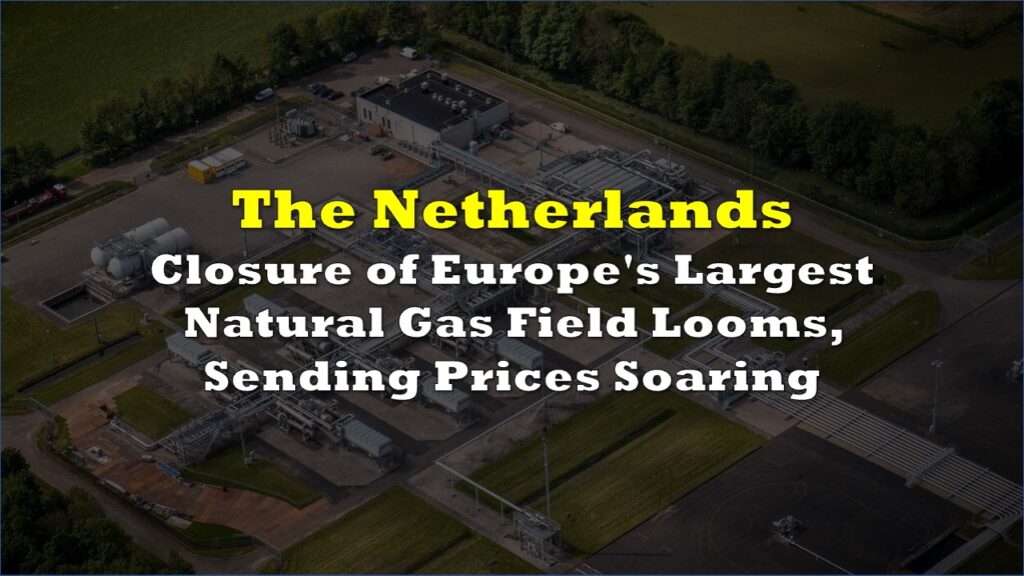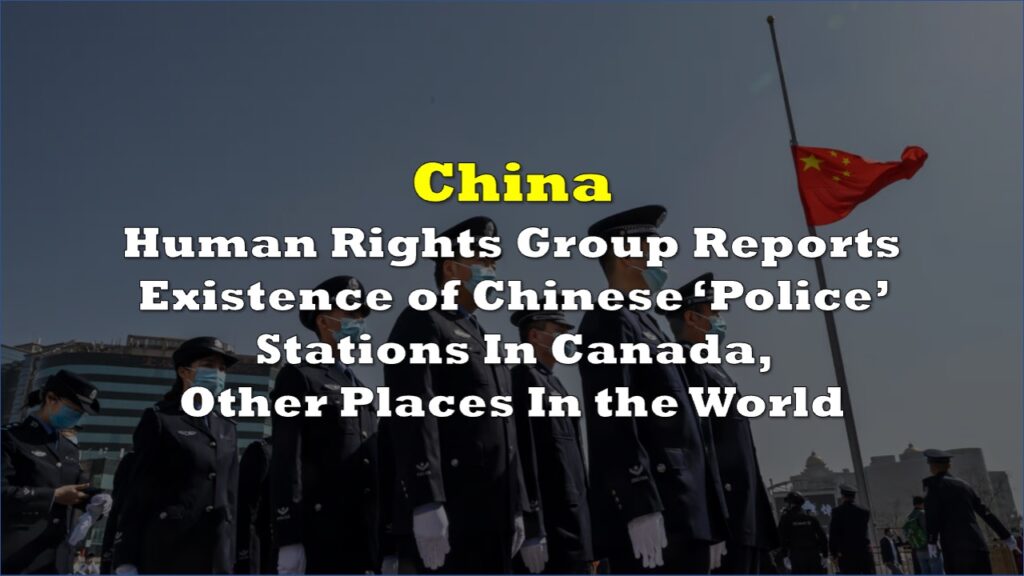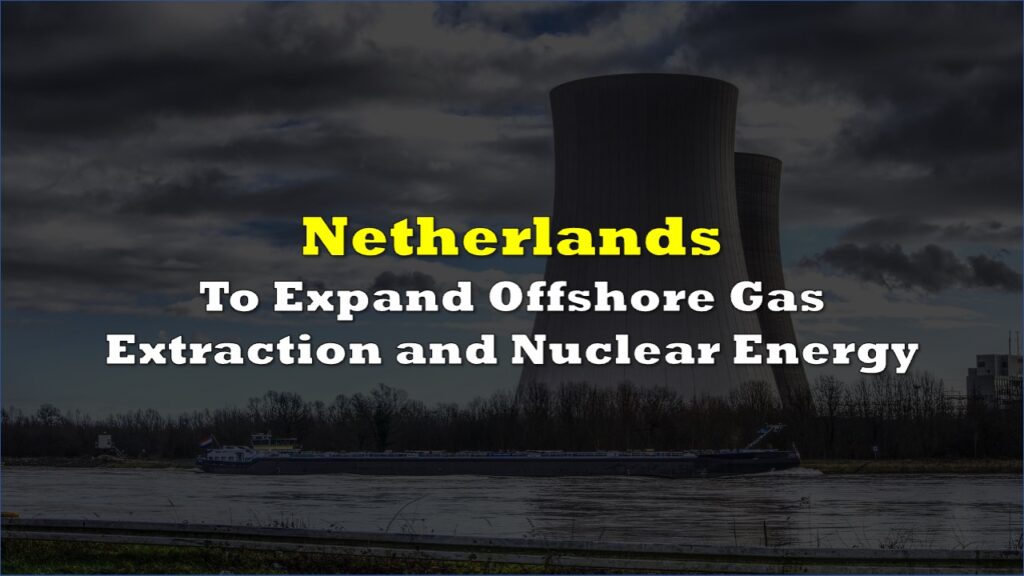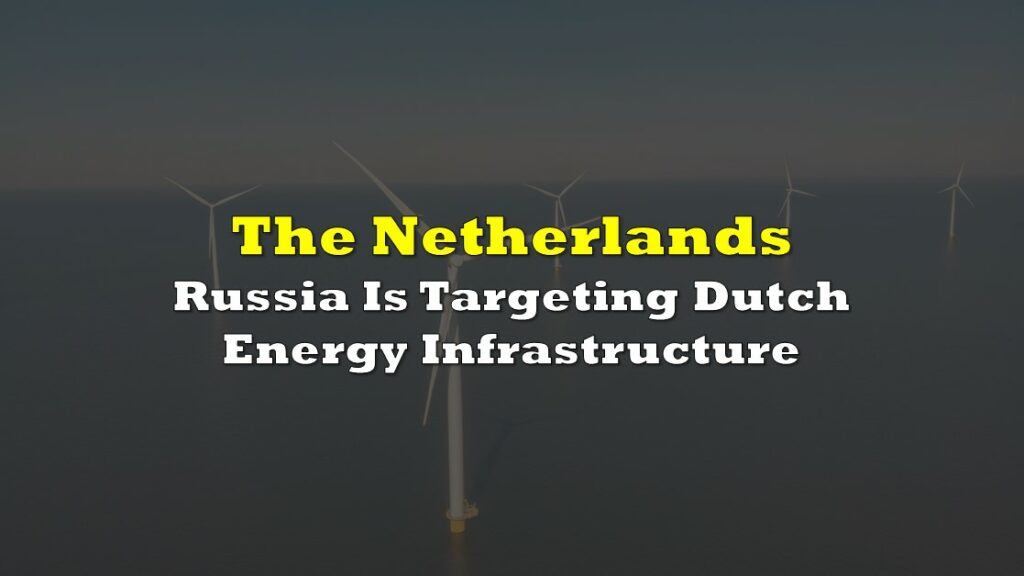Veteran leader Geert Wilders, known for his anti-Islam stance, has secured a significant victory in the Dutch general election, as per the latest results with nearly all votes counted. After a quarter-century in parliament, Wilders’ Freedom Party (PVV) is poised to claim 37 seats, surpassing his closest competitor, a left-wing alliance.
Expressing the significance of his party’s achievement, Wilders stated, “The PVV can no longer be ignored. We will govern.” This electoral outcome has not only rattled Dutch politics but is expected to reverberate across Europe.

To fulfill his commitment to being a “prime minister for everyone,” Wilders must now engage other parties for a coalition, aiming for 76 seats in the 150-seat parliament.
Wilders, 60, tapped into widespread frustration over migration concerns, advocating for “closed borders.” Notably, he temporarily shelved his promise to ban the Quran. In his victory speech, Wilders asserted, “We want to govern, and we will govern. [The seat numbers are] an enormous compliment but an enormous responsibility too.”
Prior to the election, major parties had ruled out participating in a government led by Wilders due to his far-right policies. However, the scale of his victory may prompt a reconsideration of this stance. The left-wing alliance led by former EU commissioner Frans Timmermans secured second place with 25 seats. Timmermans emphasized his reluctance to collaborate with a Wilders-led government, emphasizing the defense of Dutch democracy and the rule of law.
The third-place center-right liberal VVD, led by Dilan Yesilgöz, and a newly formed party by whistleblower MP Pieter Omtzigt ranked fourth. Wilders appealed directly to his political rivals to collaborate, and both Yesilgöz and Omtzigt congratulated him on his success.
Although Yesilgöz expressed skepticism about Wilders’ ability to secure the required numbers for a coalition, she emphasized that the decision rests with her party colleagues. Omtzigt initially indicated his party’s unwillingness to work with Wilders but later stated they are “available to turn this trust [of voters] into action.”
A Wilders victory has broader implications for Europe, as the Netherlands is a founding member of the European Union. Nationalist and far-right leaders across Europe applauded his success, with Marine Le Pen in France noting its confirmation of the growing attachment to the defense of national identities.
With this win, the Netherlands is the latest country to shift its politics to the right, with the victory by newly-elected Argentinian president, Javier Milei, as the most recent example.
Wilders, advocating for a “Nexit” referendum to leave the EU, acknowledged the lack of current national sentiment for such a move. He moderated his anti-Islam rhetoric during the campaign, focusing on pressing issues. This strategic shift more than doubled the PVV party’s representation in parliament.
The campaign capitalized on widespread dissatisfaction with the previous government, which collapsed over asylum rule disagreements. Political scientist Martin Rosema highlighted that several factors, including the center-right liberal leader’s openness to coalition with Wilders, played into the latter’s hands.
Migration emerged as a central theme, with Wilders pledging to address a “tsunami of asylum and immigration.” Net migration into the Netherlands surged last year, fueled in part by refugees escaping Russia’s invasion of Ukraine and exacerbated by a housing shortage of 390,000 homes.
Despite early expectations for Dilan Yesilgöz’s potential as the Netherlands’ first female prime minister, her party faced a setback as exit polls were revealed. Yesilgöz, who took a tough stance on immigration, fell short of expectations, with some attributing this to her refusal to rule out collaboration with Wilders.
The success of Wilders in attracting voters was evident in the diverse electorate, including a Muslim voter in The Hague who stated, “If he wasn’t so opposed to Muslims, I’d be interested in him.” In the lead-up to the vote, Wilders remained optimistic about his chances, acknowledging the challenge of forming a government but expressing confidence that victory would make it “difficult for the other parties to ignore us.”
Information for this briefing was found via BBC and the sources mentioned. The author has no securities or affiliations related to this organization. Not a recommendation to buy or sell. Always do additional research and consult a professional before purchasing a security. The author holds no licenses.









